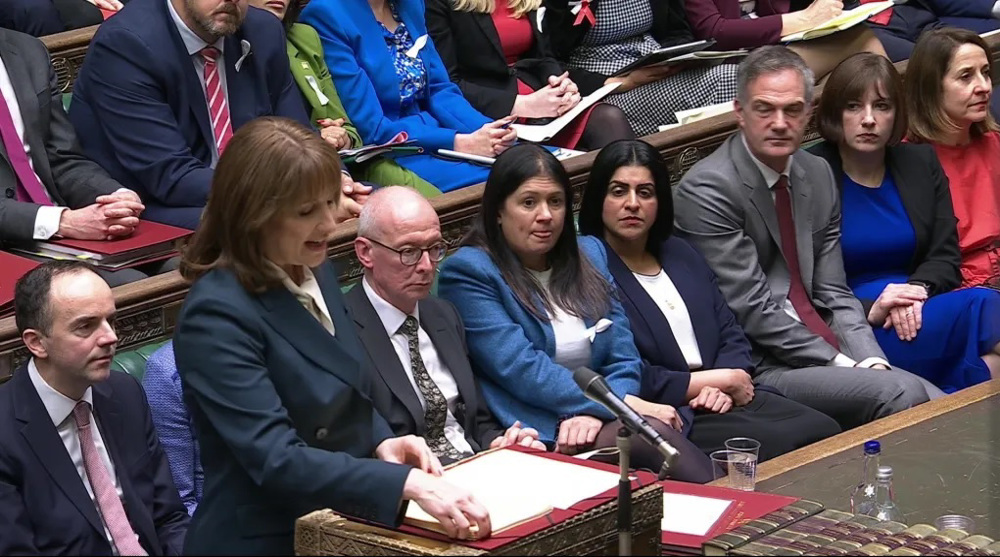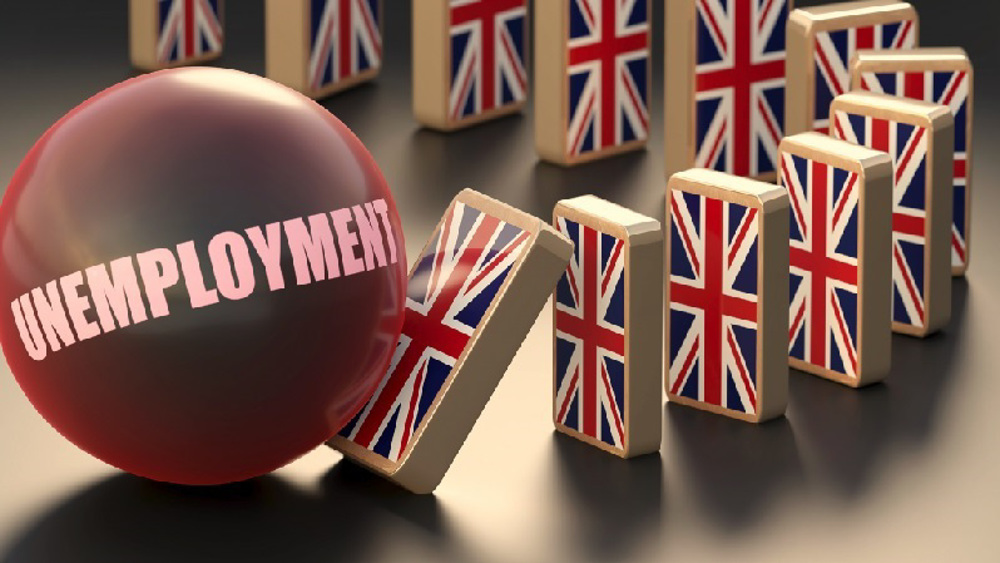'UK taxpayers worse off under any parties'
In the UK, taxpayers can expect lower incomes under whichever party that wins the general election next week, according to the Institute for Fiscal Studies.
In a scathing analysis of the major parties' tax and benefits policies in the run-up to the poll, the IFS criticized the parties’ manifestos.
“There’s nothing in any of the parties’ proposals that we think will help the good functioning of the economy,” said the think-tank’s director, Paul Johnson.
Johnson also said, on average, most Britons will see tax and benefit changes which will negatively affect their income.
“With significant deficit reduction still to come, households can expect the tax and benefit changes implemented over the next parliament to reduce their incomes, on average.”
International economics professor at City University, Keith Pilbeam, told Press that weak economy is mainly responsible for the sufferings of the British middle class.
"The truth of the matter is that middle class will continue to be under pressure because the economy is not doing so well as people were anticipating. The recovery is weaker than many people thought it would be and of course there is further austerity down the road because there is still a huge fiscal deficit of 90 billion pounds annually. So, there is a great need to cut that and that basically means higher taxes and less government expenditure which is going to hold back the economy after the election."

Both the Conservatives and Liberal Democrats are planning to increase the personal allowance to £12,500 by the end of the next parliament.
But the analysis argued that the proposed boost to the allowance- the amount one can earn before paying income tax- would not benefit the 44% of taxpayers who already earn too little to pay income tax.
Instead it said the main beneficiaries would be those in "the middle and upper middle parts of the income distribution".
The IFS also criticized Labour's plans to introduce a 10% starting rate for income tax.
It warned the proposal-that would be footed by scrapping the Conservatives’ married couples’ tax allowance-would amount to replacing “one small complication in the tax system with another".
The IFS said this change would be “worth a princely 50 pence a week” to most taxpayers.
"There is no point in introducing such a band," it added.
The think-tank warned in its second pre-election report that the number of earners being dragged into paying the higher rate of income tax was likely to increase sharply in the coming years as the threshold rises more slowly than inflation.
Pilbeam told the UK desk that the future may not be brighter for British taxpayers unless "we can get the fiscal policies sorted out and stop just accumulating debt which is all we've done since the financial crisis."
"We are not really tackling the problem in the system which is far too much debt," added the economics professor.
The IFS also expressed skepticism about the claims of all the main parties to be able to raise large sums through anti tax avoidance measures.
“There is apparently a huge amount of money to be extracted through a clampdown on tax avoidance (mysteriously missed by all previous clampdowns).”
The Conservatives claim to be able to raise £4.6 billions, Labour £6.7 billions, and the Liberal Democrats £9.7 billions. The IFS described the parties' targets as “at best aspirational”.
The think-tank summed up its report by accusing all the main parties of having an “extremely irritating preference for ill-defined and opaque tax changes”.
HH/PHX
Palestinian activist in ICE detention 'missing' after medical emergency
Any enemy miscalculation will be met with ‘unprecedented’ response: Iran army chief
VIDEO | Press TV's news headlines
Hamas urges mediators to curb Israel’s violations of Gaza ceasefire
Islamic Revolution anniv. rallies to span 1,400 cities, draw 7,700 media personnel: Official
Latifa Abouchakra briefly arrested by Midlands Police
Iran advises US to act independently of ‘destructive’ Israeli influence amid nuclear talks in Oman
VIDEO | 'Not in my name': Pro-Palestinian rally held in Sydney against Israeli president's visit









 This makes it easy to access the Press TV website
This makes it easy to access the Press TV website